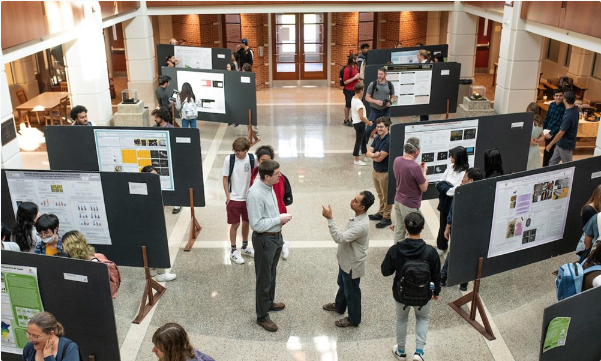Date of Award
4-2018
Document Type
Thesis
First Advisor
Ted Bitner
Second Advisor
Kevin Moore
Third Advisor
Andrea Sununu
Abstract
The 2013 publication of the Diagnostic and Statistical Manual of Mental Disorders, Fifth Edition (DSM-5) affected millions of people. Individuals who had previously received a diagnosis of Asperger’s syndrome (AS), or any other pervasive developmental disorder (PDD) with the exception of Rett syndrome (RTT)1, suddenly found themselves placed on the autism spectrum. While some individuals with PDDs viewed this diagnostic change as beneficial, others felt that they had been stripped of a part of their identity. By merging several disorders, the DSM created the “umbrella diagnosis” of autism spectrum disorder (ASD), which features an incredibly varied etiology and diverse clinical outcomes. In this thesis, I argue that (a) many people with ASD do not feel impeded in their daily activities and thus do not meet the definition of “disordered,” (b) these same individuals display signs of neurodiversity, or natural variations in the human genome, and (c) a diagnosis is a snapshot of someone’s life and does not dictate their future experiences. Having received a diagnosis of AS myself, I hope to illustrate a comprehensive portrait of ASD by blending my personal experiences with information on autism research, associated behaviors, assistive measures, and cultural changes.
Recommended Citation
Eads, Samuel C. 18, "An Evolving Understanding of a Spectrum “Disorder”" (2018). Honor Scholar Theses. 85, Scholarly and Creative Work from DePauw University.
https://scholarship.depauw.edu/studentresearch/85



Comments
Honor Scholar Thesis